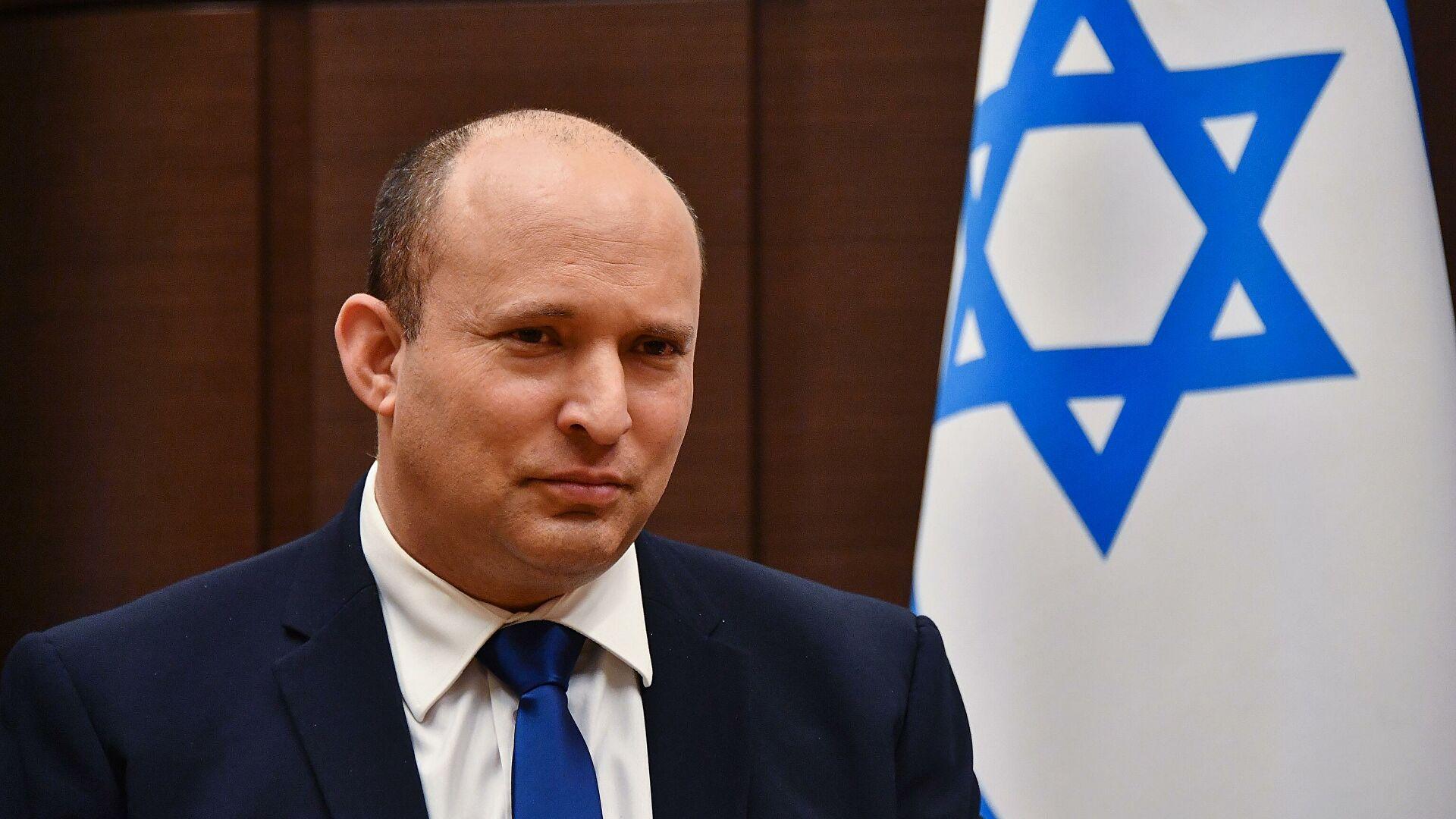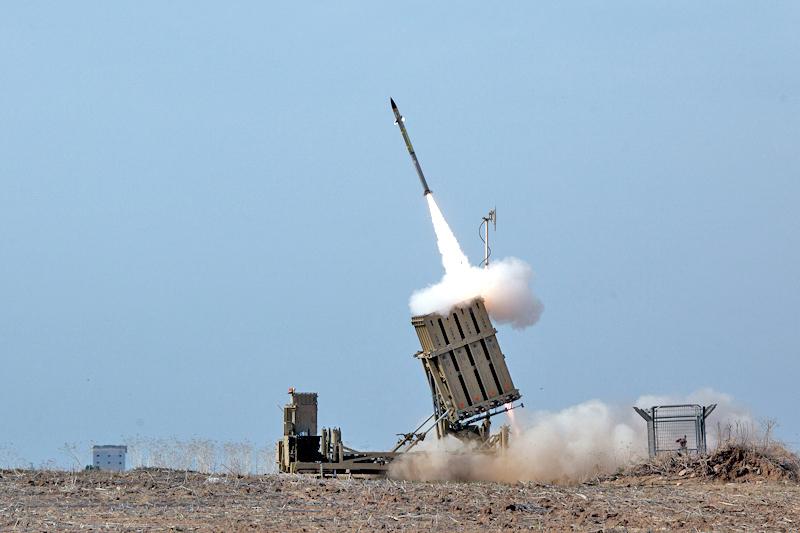Clouds on the horizon of Russian-Israeli relations Analyse by Maxim Petrov
On May 5, a high-level Palestinian Hamas delegation visited Moscow seeking the Kremlin's support at a time when relations between Israel and Russia were strained. Hamas is a Palestinian Sunni Islamist organization that controls the Gaza Strip and is in armed conflict with Israel. The moment to gain Moscow's support was wisely chosen, but Hamas's hopes are unlikely to be met soon.
The fact is that tensions between Israel and Russia have eased, and the sides have confirmed their "mutual respect". According to the well-informed Israeli journalist Ben Kaspit, the diplomatic crisis between Israel and Russia eased as "the Russian leader apologized for his foreign minister's insulting remarks and the world celebrated Victory Day over the Nazis".
The crisis erupted after Russian Foreign Minister Sergey Lavrov said that Volodymyr Zelenskyy's Jewish origins could not be used as an argument against Russian allegations of the prevalence of Nazism in Ukraine, since Adolf Hitler "also had Jewish blood". These words provoked anger in Israel. However, a statement from Prime Minister Naftali Bennett's office later said that the Russian president apologized for the minister's remarks, and the apology was accepted. Housing and Construction Minister Ze'ev Elkin subsequently told Al-Monitor that the Russian leader's apology "demonstrates the nature of relations between Israel and Russia." Elkin added: "Contrary to what many people think, this relationship is not based on interests, but solid infrastructure and mutual respect. We know that Putin has a very warm attitude toward Jews and what they went through during the Holocaust, which was expressed in this phone conversation."

There was no mention of the apology in Kremlin statements following the talks, and Moscow has not officially confirmed the message. But in any case, it is clear that Putin said something to Bennet that caused the latter's approval.
In addition, as Ben Caspit reported earlier, on May 4, Ukrainian President Volodymyr Zelenskyy called Bennett and negotiated with him, suggesting that Israel mediate between Russia and Ukraine: "He asked Bennett to contact the Russian president and ask him to approve the evacuation of women and children besieged at the Azovstal steel plant in Mariupol. On May 5, Bennett called the Kremlin. Putin called back a few hours later. He agreed to allow the evacuation of civilians, but not the combatants trapped in the plant."
Bennett's attempt to mediate between Russia and Ukraine was not the first. Previously, it was reported that the prime minister had offered Israel as a place where peace talks between the sides could take place. At present, however, Bennett is not expected to resume the mediation efforts he undertook in the early weeks of the war. "That mediation has come to nought," a senior aide to the Israeli prime minister told Al-Monitor on condition of anonymity. - Putin expressed no interest in continuing the mediation, and Zelenskyy was not interested either."
The reasons for the tepid attitude toward the talks, according to the Israeli security services and Al-Monitor publications, are as follows. The Ukrainians are no longer in such a desperate position as they were at the beginning, because "Ukraine is arming itself at a huge and unprecedented rate... The West is sending big money, weapons and ammunition there, Zelenskyy knows that his country will not be occupied and Kyiv is not threatened by anything... Right now, neither side has any incentive to be flexible and agree to end the war."
At first glance, it looks like the crisis between Moscow and Tel Aviv has now been neutralized, reinforced by Bennett's mediation between Kyiv and Moscow over Azovstal. Nothing seems to threaten Russian-Israeli relations. But this refers to the very near future, while clouds are already appearing on the horizon.

It is no accident that Israel refused to supply Ukraine with the Iron Dome missile defence system, and it is no accident that it demonstrates openness to cooperation with the Russian Federation, despite the fact that it belongs to the Western bloc and is the closest ally of the United States in the Middle East, and maybe even in the whole world.
Israel's cooperation with Russia is primarily related to the Syrian issue. There are Russian troops in Syria, assisting Syrian President Bashar al-Assad and his Iranian friends. This Syrian-Iranian-Russian military-political bloc is extremely worrying about Israel. Iran is Israel's main adversary in the Middle East, so the Israelis regularly attack Syrian territory, destroying Iranian military facilities there as well as weapons depots intended for pro-Iranian militias. The Israeli air force could not do this so easily if it were confronted by Russian S-400 air defence batteries deployed in Syria. But the S-400s are silent. In exchange for their silence, Israel is ready to provide various favours to Moscow, such as a ban on the supply of its precision weapons to Ukraine.
However, if Russia sharply reduces its presence in Syria by moving its main units from there to Ukraine, its positions will be occupied by Iranian and pro-Iranian forces, including the southern regions bordering Israel. This would immediately lead to a military escalation between Iran and Israel.
At the same time, it could also mean a rupture of agreements between the Israelis and Moscow. After all, there would be little to tie the sides in such a case.
We do not know whether the main Russian forces are withdrawing from Syria, but if this happens, the situation in the Middle East might change greatly. This relates not only to relations between Israel and Iran but also to relations between Israel and Russia.








